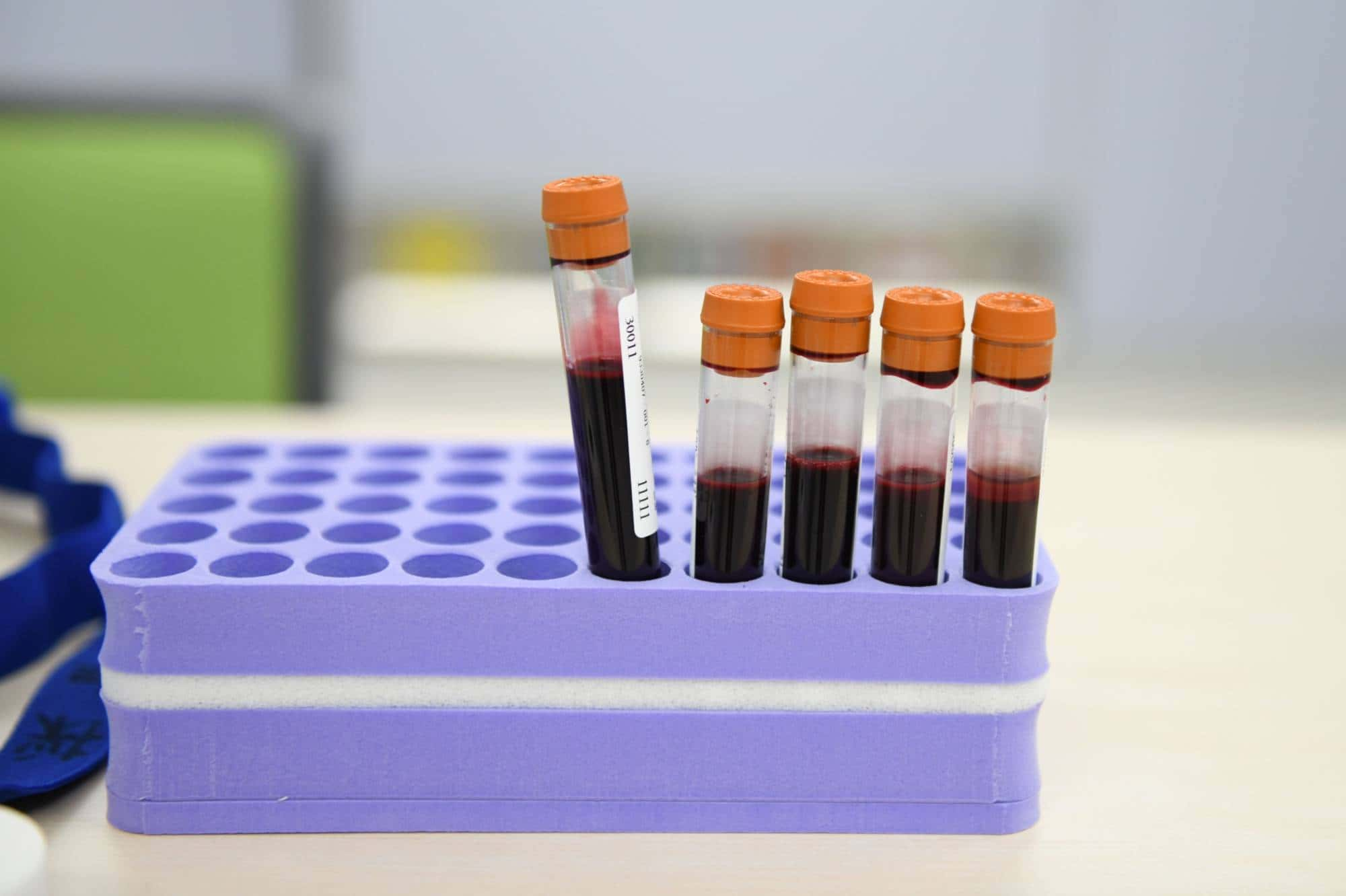With over 6 million Americans currently grappling with this condition, a figure expected to double by 2050, the need for early identification and intervention is paramount.

A groundbreaking Alzheimer’s blood test is poised to revolutionize the accuracy and accessibility of Alzheimer’s disease diagnosis and monitoring
Existing diagnostic methods, including MRI scans, cognitive assessments, and physical exams, suffer from constraints tied to specialized clinics and trained personnel. The advent of an Alzheimer’s blood test, however, holds the promise of transforming disease detection. By democratizing access to Alzheimer‘s blood test assessments, medical practitioners stand to identify the illness at its nascent stages and offer interventions to potentially decelerate its progression. Quest Diagnostics asserts that its AD-Detect Test empowers individuals to proactively gauge their Alzheimer’s risk.
Conventional Alzheimer’s blood test diagnosis previously depended on symptom screening, coupled with invasive and expensive procedures. According to a spokesperson from Quest Diagnostics, the newly available consumer-initiated test is built on the foundation of their established clinical AD-Detect Amyloid Beta 42/40 Ratio test. This analytically validated Alzheimer’s blood test, initially launched for physician requisition in early 2022, now allows consumers to take charge of their cognitive health appraisal.
Upon purchasing the test online, participants are required to schedule an appointment at a Quest Diagnostics patient service center for blood sampling
The Alzheimer’s blood test is priced at $399, with an additional $13 physician service fee. Results are accessible through a secure patient portal, furnished in a comprehensible report format.
This advancement empowers individuals to discuss their outcomes with licensed medical professionals and design a strategy for ongoing care. While the Alzheimer’s blood test centers around detecting beta-amyloid, a hallmark of Alzheimer’s disease, experts acknowledge its limitations. Dr. Raymond J. Tesi, CEO and CMO of INmune Bio, emphasized that while amyloid presence is indicative, it doesn’t definitively confirm Alzheimer’s diagnosis.
Dr. Tesi emphasized the significance of this blood test as a pivotal early stride in Alzheimer’s diagnostics, comparable to the first-generation anti-amyloid drugs. He anticipates the integration of additional blood biomarkers and web-based cognitive tests to enhance diagnostic precision in the future. This innovation marks the inaugural stage in an extensive journey toward more refined Alzheimer’s detection and care.
READ ALSO: Deja Taylor Pleads Guilty To Felony Child Neglect In Virginia School Shooting Case




